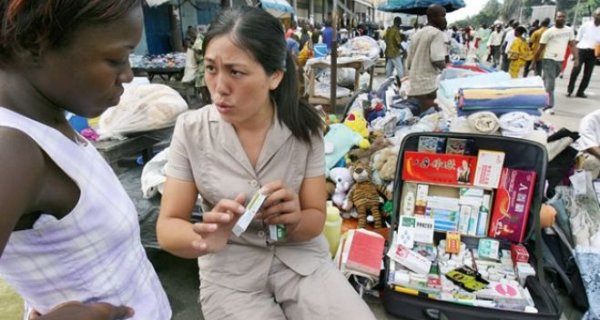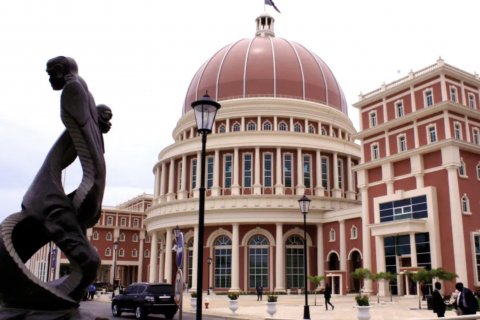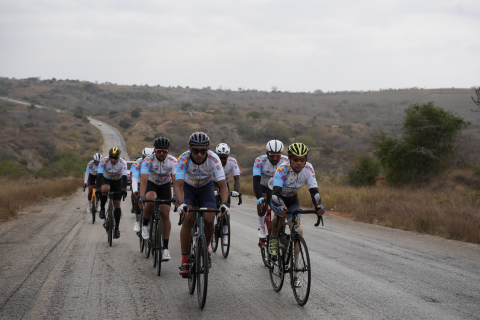In a statement released on the Chinese social network WeChat (similar to WhatsApp, blocked in China), the embassy lamented the deaths and said it asked the police to “detain the culprits as quickly as possible [and] bring them to justice.”
According to the Chinese-language press in Angola, the last case occurred on August 2, when Huang Shunlong was killed in Kikuxi, on the outskirts of Luanda. Police arrested a suspect seven days later in the southwestern city of Lubango.
On February 21, the same press reported that a group had murdered a Chinese man in charge of managing the warehouse of a second-hand clothing distributor, also located in Kikuxi, before breaking into a safe and escaping with “a huge amount”.
Two days later, police arrested three suspects in China City, including two workers at the second-hand clothing distributor.
In a note published last week, the Chinese embassy said that “although these cases are occasional”, they were all committed by “criminals [who] knew the location and the victim’s daily life”.
The diplomatic representation advised Chinese companies and citizens in Angola to “be aware of the risk of violent criminal crimes committed by people around them”.
The statement gave as an example “resolve commercial disputes in a timely manner and in accordance with the law, avoid prolonged delays that lead to the accumulation of problems and avoid resorting to illegal means”.
The embassy also stressed the importance of “respecting labor laws, employing workers legally and ensuring the dignity and well-being” of employees, including responding “to employees’ reasonable demands in a timely manner.”
The note also highlighted the need for extra care when choosing employees for “high-risk positions (such as security personnel)”, for staff in key positions or when hiring staff with criminal records.
Chinese businesspeople should install surveillance cameras and reinforced doors and windows both in the workplace and at home and avoid “going out alone at night, going alone to remote or poorly secured areas, or going out alone with large amounts of money or valuables ”, warned the embassy.
“Do not enter strangers’ vehicles and avoid being forced into strangers’ vehicles. If you are robbed, it is recommended that you hand over your money,” the statement added.
In May, the president of UNITA warned of the increase in crime and pointed the finger at poverty and the inertia of the authorities. Adalberto Costa Júnior spoke of the increase in robberies, violence against women and children and homicides.







